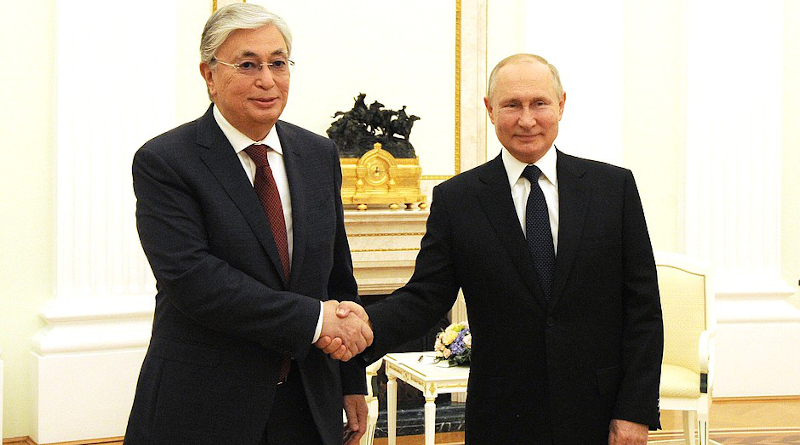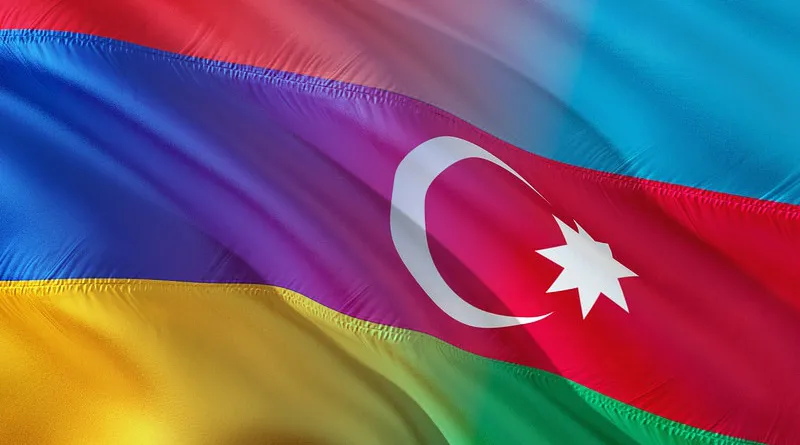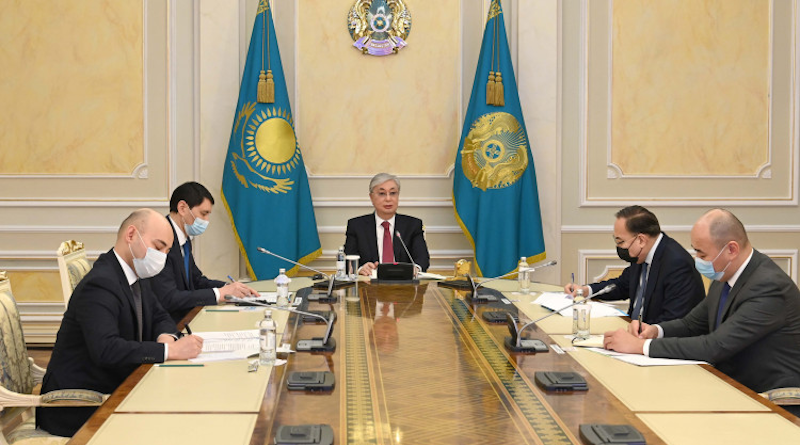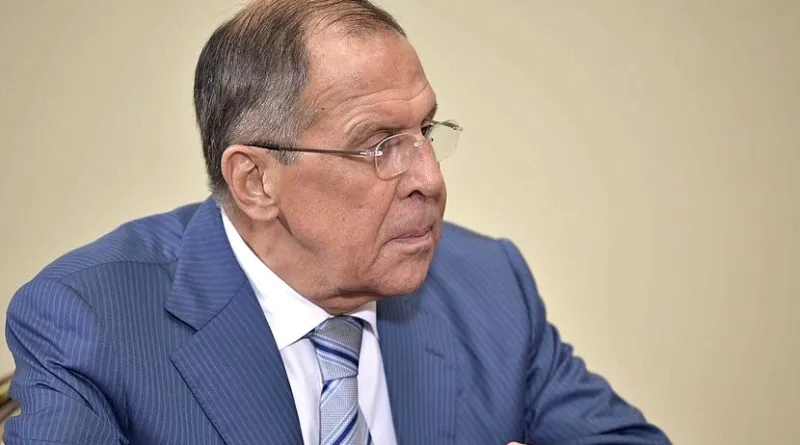Syrian foreign policy in the Caucasus and Ukraine: An unbalanced, Russia-centered approach

Prior to the outbreak of the Syrian civil war in early 2011, Damascus consciously sought to pursue a relatively balanced foreign policy toward most of its neighbors. Its challenges with Israel notwithstanding, Syria tried to maintain diversified and even-handed relations with Iran, Turkey, and the Arab world regionally and with Russia, the European Union, and the United States on the global level. However, when the Arab Spring uprisings brought political crisis home to Syria, the government’s sharp domestic crackdown gradually changed these conditions, resulting in Syria’s expulsion from the Arab League and the escalation of tensions with Turkey and the Western world. This threw Syrian foreign policy out of its traditional balance, compelling the country to rely overwhelmingly on support from Iran and Russia. The constricted room for maneuver on the regional and international stage has had numerous and varied consequences for Syria foreign policy over the past 11 years. But some of the most illustrative about-turns caused by the swing toward Russia could be observed in Syria’s relations with neighbors in the post-Soviet space: namely, Armenia, Georgia, and Ukraine.








